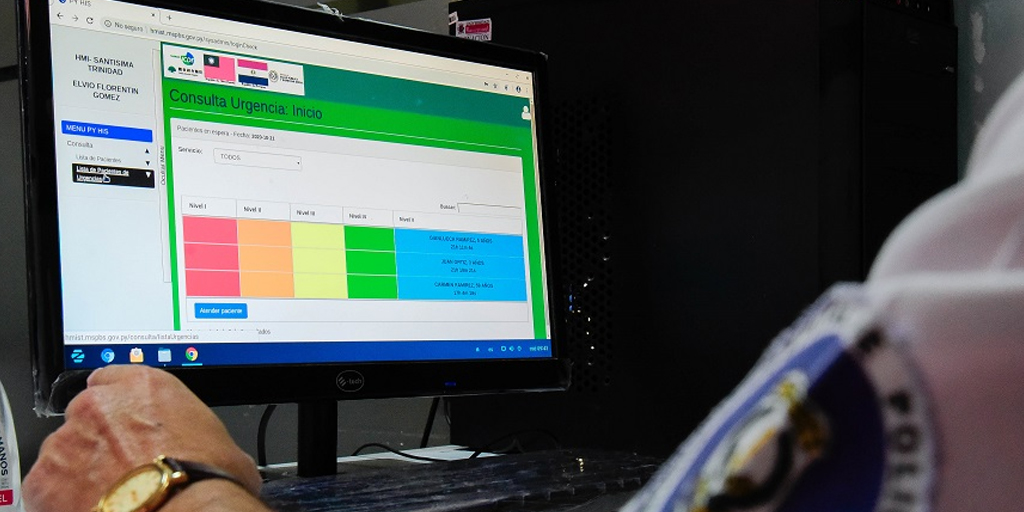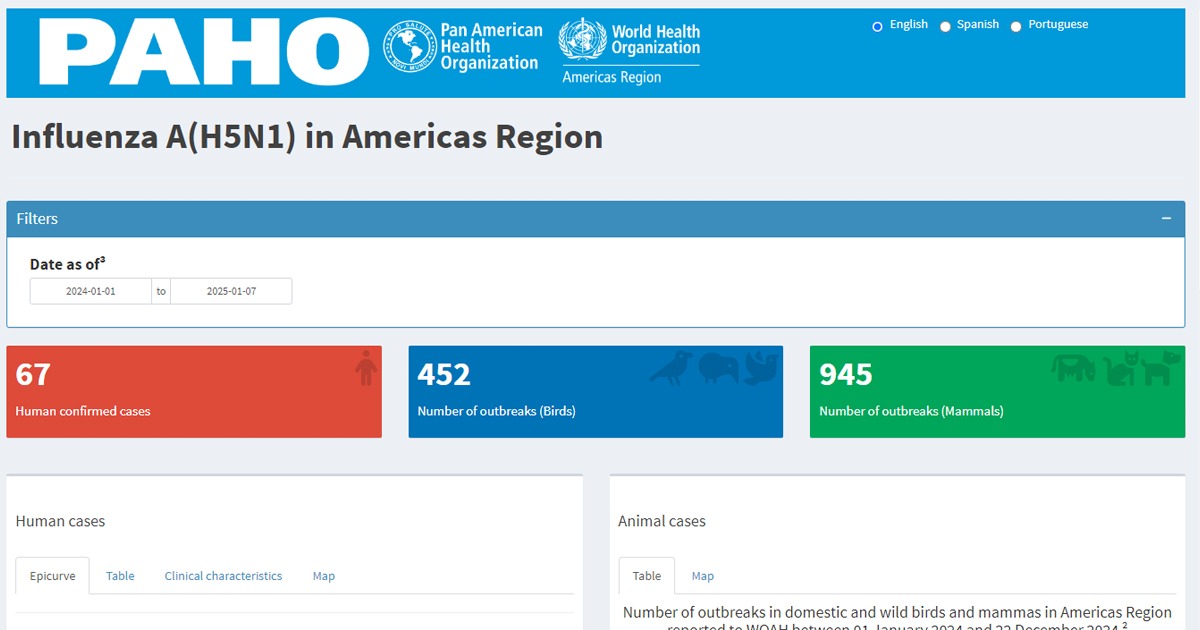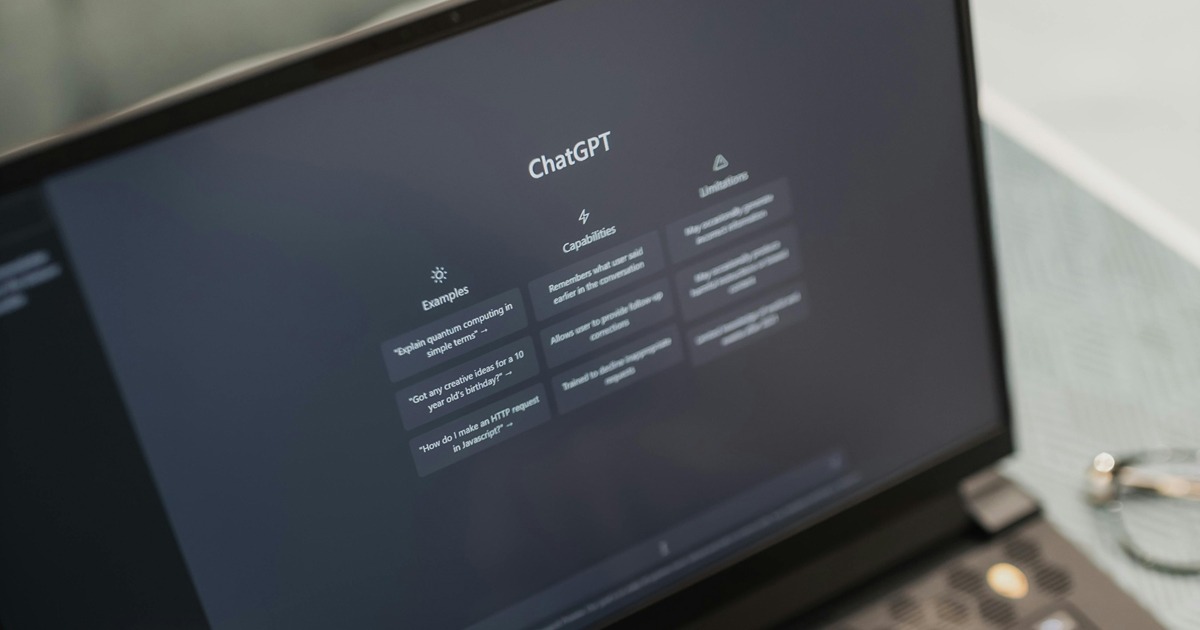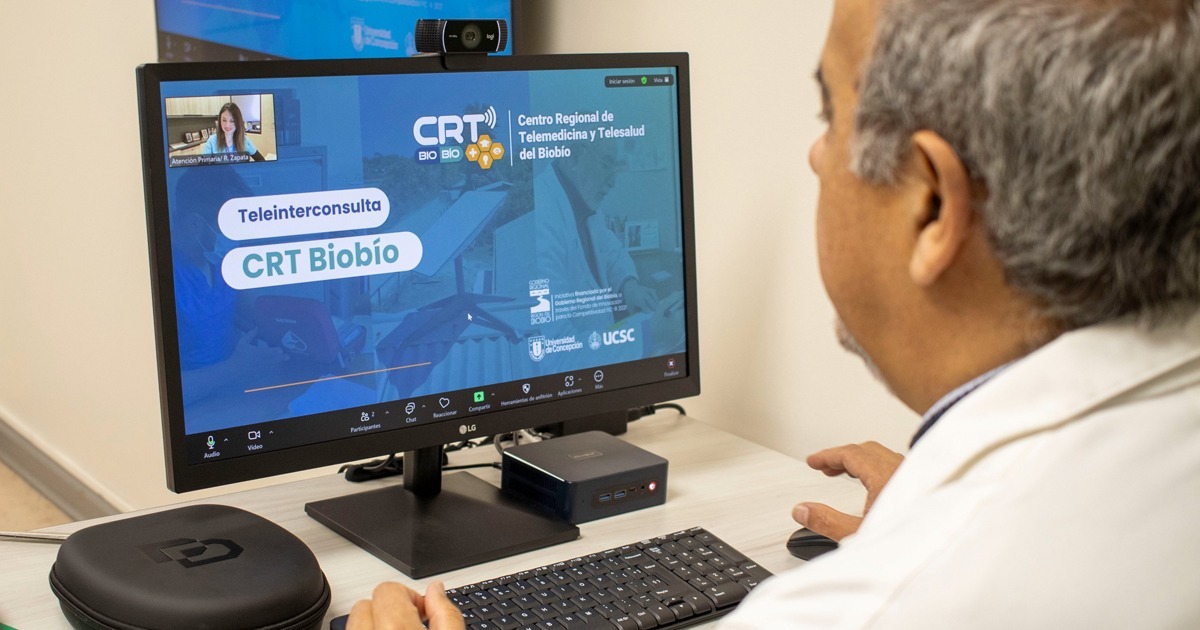Researchers propose a scalable computational framework to discover digital biomarkers of glycemic control in people living with type 1 diabetes.
Digital biomarkers are defined as objective, physically quantifiable and behavioral data that are collected and measured through portable digital devices such as wearables or other mobile devices. Medical research uses digital biomarkers to explain, search for relationships, or predict data about human health. In addition, they also have the role of being clinically significant objective data due to the precision in their capture.
In this sense, biomarkers can be transformative for the standard of care for chronic diseases that depend on various variables for their control. Recently, researchers at Dartmouth College in the United States developed a computational framework to find digital biomarkers of glycemic control.
Good glycemic control is one of the main goals of people living with diabetes. To maintain blood glucose levels in a good range, it is necessary to measure and control various variables such as diet, medications, physical activity, among others.
Research detail that a person living with diabetes makes an average of more than 100 decisions related to their health per day, and dedicates 58 minutes daily to their personal care related to diabetes. In this way, the use of digital devices and tools such as continuous glucose monitors, insulin pumps, among others, are of great support for people who live with this condition. Both devices are minimally invasive and have clinical validations, which allow constant control of blood glucose, as well as semi-automatic administration of insulin.
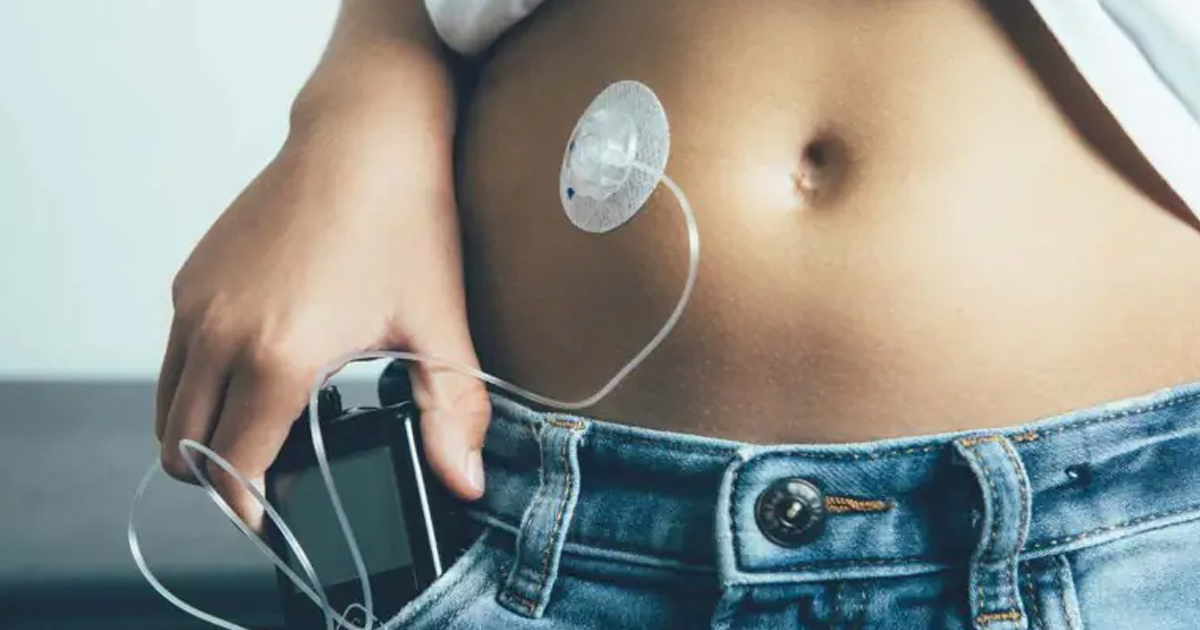
Authors Abigail Bartolomé and Temiloluwa Prioleau collected more than 79,000 days of digital data to model the computational framework. The objectives were: to define the characteristics of digital data; model digital biomarkers and glycemic control; rate glycemic control with digital biomarkers; and finally identify the biomarkers with the greatest impact.
Data were obtained from 100 subjects with insulin pumps (53,923 days) and 150 subjects with a device for constant blood glucose monitoring (25,886 days). Participants' ages ranged from 2 to 76 years with 0 to 60 years living with diabetes. Thanks to the data obtained, the researchers were able to define the objective characteristics and their impact, as well as classify glycemic control and identify the most important digital biomarkers.
Among the most important findings that the research showed was that glycemic control varies according to the patient's age group and that children and young people between 2 and 14 years of age obtained the worst glycemic control results, as well as characteristics related to total daily insulin . Learn more about this research and its results at the following link: https://www.nature.com/articles/s41746-022-00656-z
